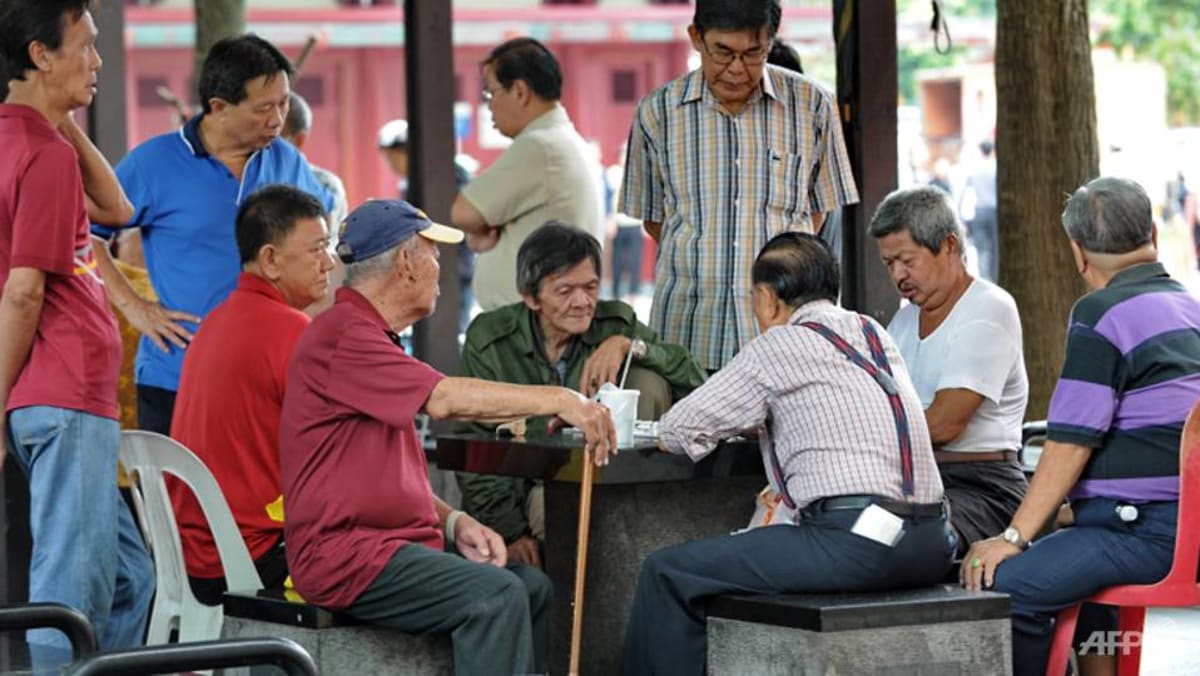
SINGAPORE: Improving and expanding community care will be the next major priority for the Ministry of Health (MOH) as Singapore’s population ages, said Health Minister Ong Ye Kung on Thursday (Apr 20).
This will be a continuation of Singapore’s preventive care strategy, Healthier SG, and it will be a national programme that is “as ambitious and extensive”, the minister said in parliament during a debate on President Halimah Yacob’s address.
“Under Healthier SG, the government will provide the support and structure for individuals to take care of their own health. But beyond the relationship between individual and state, the community is at the core of healthcare social compact,” Mr Ong said.
Healthier SG will be launched in July.
Health systems are focused on hospital care and were designed when societies had fewer elderly people, but the disease burden has increased along with life expectancy, Mr Ong said.
Countries need to slow down the onset of severe diseases to avoid overloading hospitals. Serious cases may be treated in specialist clinics and hospitals, but less serious cases or healthy residents should be cared for in the community and in families.
Mr Ong said studies show 60 per cent of one’s health is determined by social factors such as nutritious food, quality education, employment opportunities and public amenities like parks, libraries and sports facilities.
“Where health interventions are needed, they are more social than medical, and often verge on common sense – sleep well and eat well, have rewarding relationships, exercise, don’t smoke, undergo periodic health screening and vaccinations,” he said.
The easy things with little immediate consequence often fall prey to inertia, Mr Ong said.
“With community support, there are great opportunities for seniors to age healthily in communities. This is the next area where big changes need to take place.”
SUPPORT FOR SENIORS
The minister also outlined efforts to adapt to an ageing population.
While Singapore does not have the problem of people moving from rural areas to urban cities, some towns have older populations.
For example, more than 20 per cent of Queenstown residents are 65 years old or older. Many agencies have implemented initiatives including physical activities, befriending programmes and healthcare services to support seniors in the town, Mr Ong said.
The Housing and Development Board (HDB) has a programme to install elderly-friendly features in homes, including grab bars and customised ramps.
HDB has also launched new Build-to-Order projects in Queenstown to ensure intergenerational mixing. Active ageing centres, three-generational playgrounds and childcare centres are located side by side where possible.
In terms of the labour force, Singapore has been raising the retirement age and will continue to do so, such that workers will be protected from being dismissed based on their age.
“Employers must certainly do their part, for instance, through job redesign, reskilling, and learn to benefit from tapping the silver workforce,” Mr Ong said.
